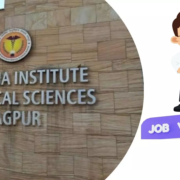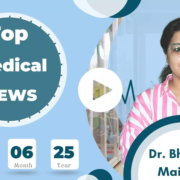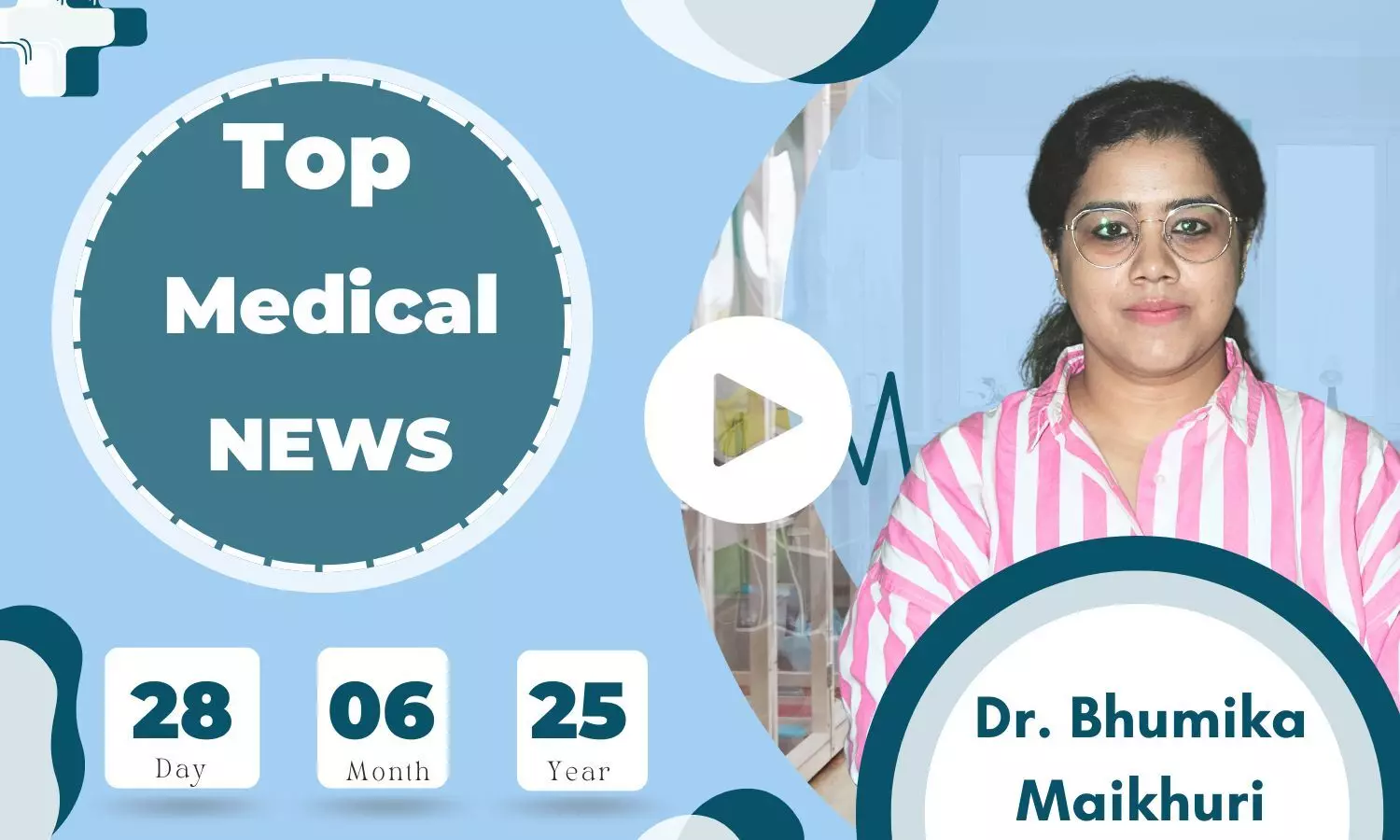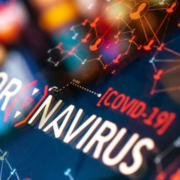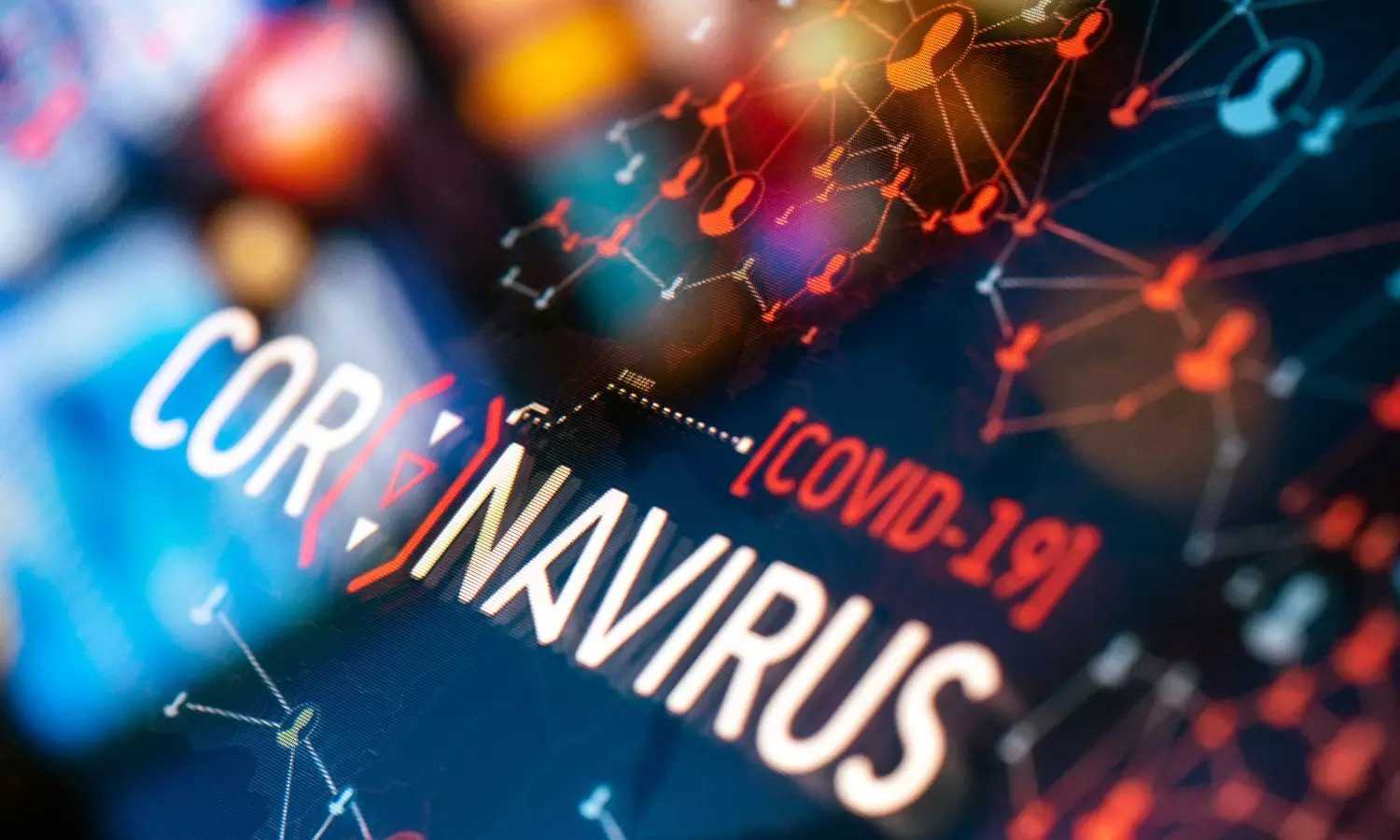APLLY NOW! JR Post at AIIMS Nagpur, Check How to Complete Application Process Here…
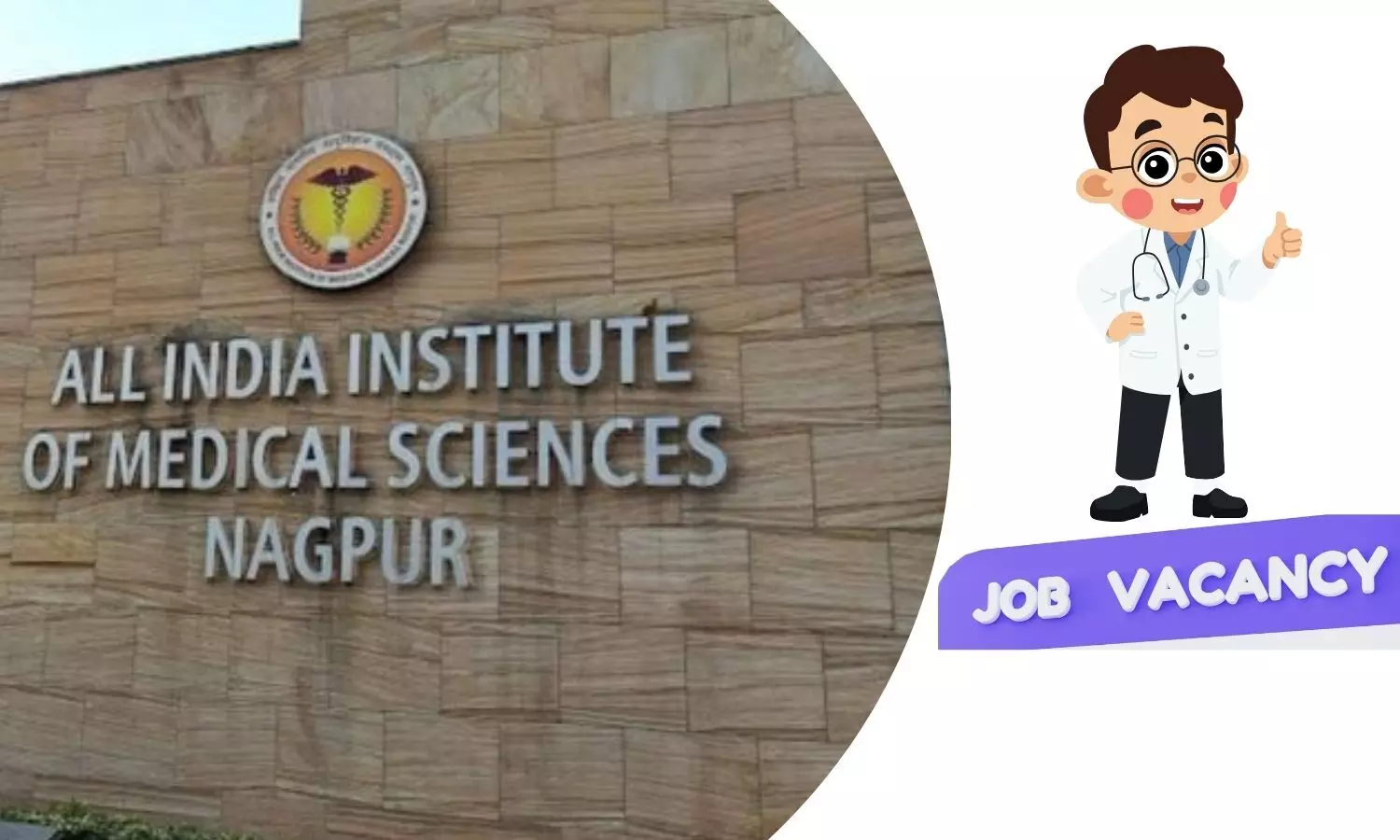
Nagpur: The All India Institute of Medical Sciences, (AIIMS Nagpur) has invited online application for Junior Resident (Non Academic) Post on a temporary basis.
AIIMS Nagpur, established under PMSSY with the objectives of improving regional imbalances in the availability of affordable/ reliable tertiary healthcare services and also augmenting facilities for quality medical education in the country. The Institute has started functioning from session 2018-19. It is envisioned to develop into an institute with the highest standards of teaching, training, and research.
AIIMS Nagpur Vacancy Details:
Total No. of Vacancies- 50
The last date for submission online application is 9th JULY 2025.
For more details about Qualification, Age, and Pay Allowance, and much more, click on the given link:
https://medicaljob.in/jobs.php?post_type=&job_tags=aiims+nagpur&location=&job_sector=all
How to Apply for eligible candidates?
1. The aspiring applicants satisfying the eligibility criteria in all respect must submit their application through Google form link https://forms.gle/up5VL1Kpnp5MnrvK6 by 09.07.2025 05.00 P.M.
2. The applicants have to report at AIIMS Nagpur on date of written test/interview at 09:00 AM along-with the duly filled in Application form given below at Annexure-I and one set of photo copy of documents along with two passport size photos.
3. The Original certificates as detailed in the section XII of this notification– „Documents to be produced? will be verified before written test/interview. After satisfactory screening of the documents as per the Notification.
DOCUMENTS TO BE PRODUCED:
The Candidate should bring the following original documents along with the duly filled in application form (given as Annexure I) and one set of self-attested photocopies at the time of interview at the Institute (to be arranged in the following order):
1. Identity Proof (PAN Card, Passport, Driving Licence, Voter Card, Aadhar Card etc.,)
2. Address Proof (Passport, Driving License, Voter Card, Aadhar Card etc.,)
3. Certificate showing Date of Birth (10th Certificate/Birth Certificate).
4. Two recent passport size photographs.
5. Class SSC/10th&12th Certificates.
6. MBBS Mark Sheets & Certificates.
7. Internship Completion Certificate.
8. FMGE Certificate conducted by NBE (For Foreign Graduate).
9. Registration with MCI/State Medical Council.
10. Experience Certificate (copy of completion of Internship)
11. Reservation category Certificate (OBC*/SC/ST/PH) (*Candidate should belong to non-creamy layer of Central List of OBC).
12. Copy of NEFT Details in original.
13. Candidates working in Govt. / Semi-Govt., PSU should apply through proper channel only. The in services candidates will not be permitted for Interview, without “No Objection Certificate” from the employer.
14. The Orthopaedic Physical Handicapped (OPH) certificate should be issued by a duly constituted Medical Board of the State or Central Government Hospitals/Instructions.
15. All candidates, who want to avail benefit of reservation/ age relaxation / exemption offee, should enclose a copy of certificate issued by competent authority in support of their claim for reservation- exemption of fee and relaxation of age.
Also Read:AIIMS PATNA JOBS 2025: Apply For JR Post Vacancies, Check Last Date Here
Powered by WPeMatico

